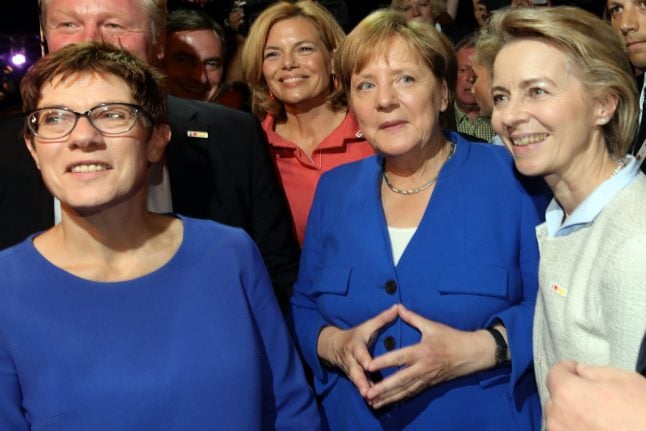Many, including politicians and the disappointed owner, had critised how the state, through the Debt Office, took over ailing Carnegie Investment Bank.
However, the European Commission said on Wednesday that it has finally granted final clearance under EU state aid rules to Swedish aid for the restructuring of the bank. The Commission pointed out in particular the speed at which decisions were made and the fact that the owners had to bear the cost, according to a press release from Riksgälden.
It also highlighted the Debt Office’s prompt action and resolution of problems with Carnegie as an example of effective restructuring without creating undue distortions of competition.
“Sweden’s quick intervention and subsequent resolution of the problems of Carnegie is an example of effective restructuring, in terms of addressing the bank’s viability, the legitimate competition concerns of others and of ensuring that Carnegie’s former shareholders contributed to the cost of restructuring,” said Commission Vice President and Competition Commissioner Joaquín Almunia on Wednesday in a statement.
Carnegie fell into trouble following the eruption of the financial crisis in the autumn of 2008. Thanks to large exposures through transactions with financier Maths O. Sundqvist, Carnegie lost its license to conduct banking activities from the Financial Supervision Authority (Finansinspektion) on November 10th, 2008.
A few minutes after the announcement, the Debt Office said that through a deposit agreement linked to a 2.4 billion ($315.39 million) kronor loan, it had taken over the investment bank and at the same time won back its bank license.
After a lengthy auction process, the Debt Office sold Carnegie and its sister company Max Matthiesen to private equity firm Altor and investment company Bure in the spring of 2009 for 2.2 billion kronor.
The former owners of parent company D. Carnegie have not received any money from the purchase price. They believe the Debt Office’s takeover of Carnegie was handled improperly and have sued the state for 5 billion kronor.
According to the European Commission, it is hoped that the fact that Carnegie’s former shareholders had to bear some of the costs of restructuring will deter bank owners in the future from taking large risks knowing that the state can act as a guarantor in the event the bank fails.
“One cannot find a reason to doubt that the sale process was conducted through an open and non-discriminatory tender which resulted in the most advantageous bid being adopted,” the Debt Office said in a statement.


 Please whitelist us to continue reading.
Please whitelist us to continue reading.
Member comments